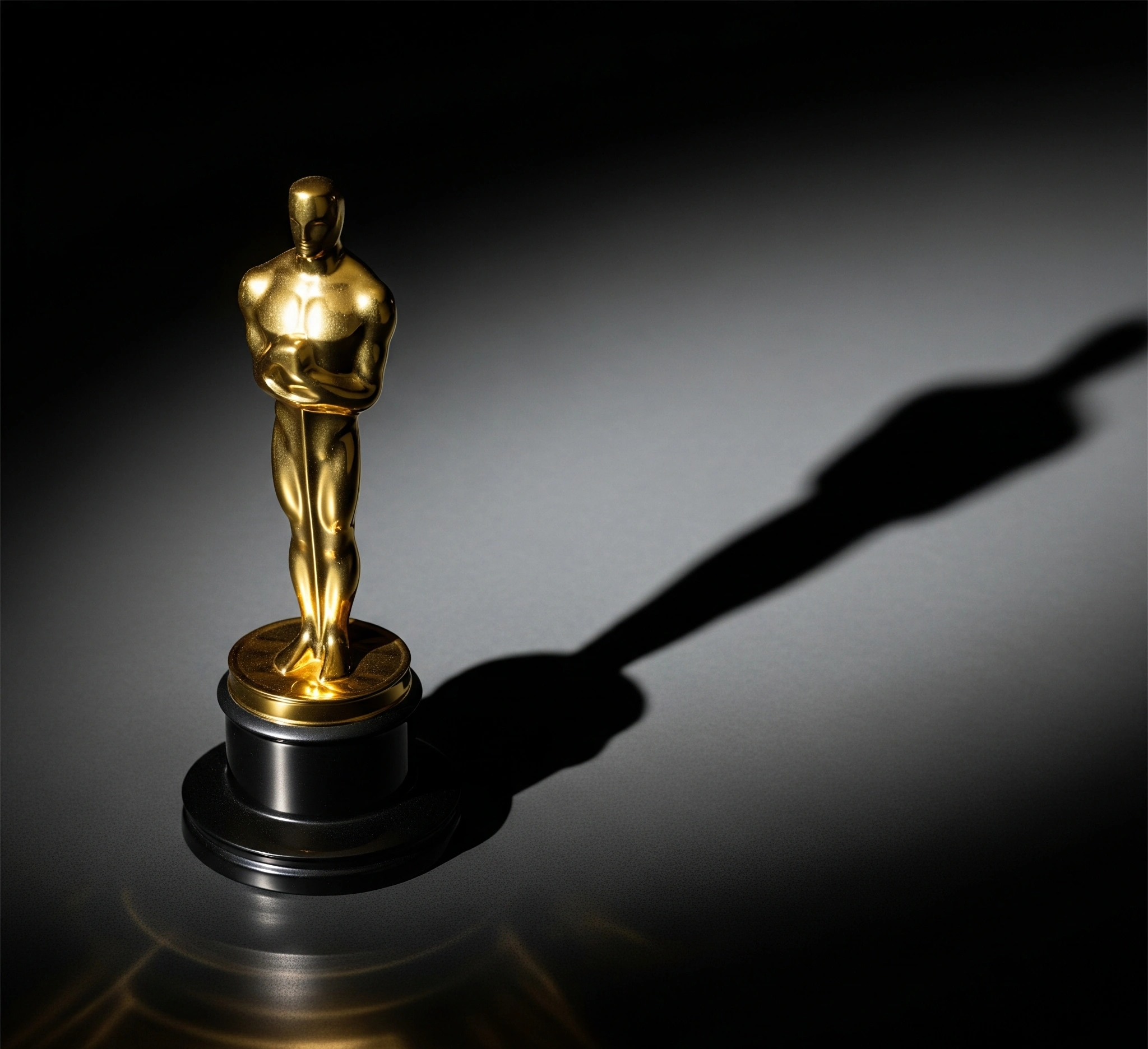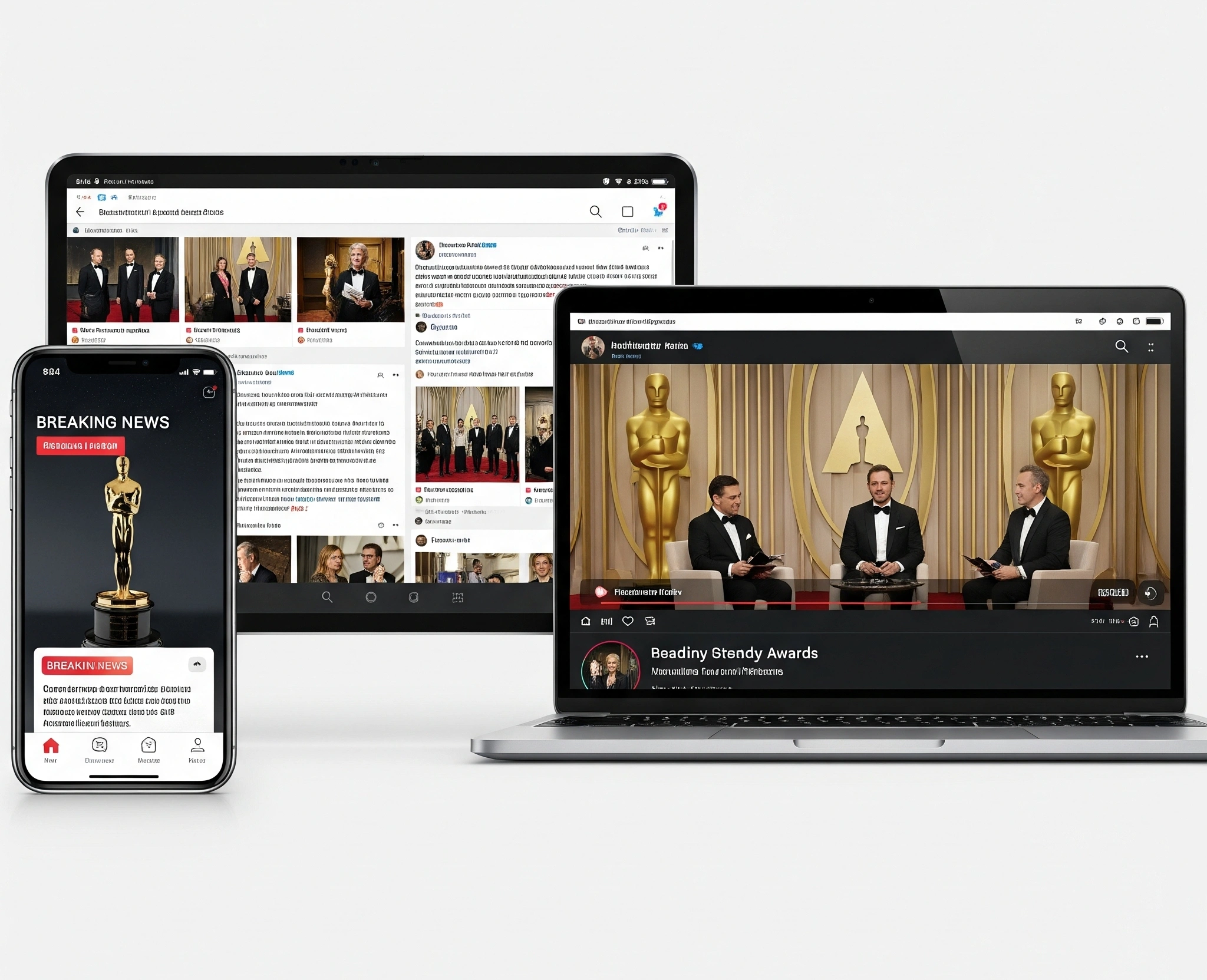Have you ever found yourself caught in the annual whirlwind of award season, where artistic achievement clashes with public opinion and industry politics? The Academy Awards, often seen as the pinnacle of cinematic recognition, frequently spark heated debates. We often assume that Oscar nominations are purely a reflection of artistic merit, or that controversies are mere fleeting headlines. But what if the process is far more complex, a subtle dance between creative excellence, strategic campaigning, and evolving societal values? This article promises to demystify the inner workings of Hollywood’s biggest night, exploring the intricate dynamics behind the Oscars 2025 Nominees and Controversies, revealing it not just as a celebration of film, but as a reflection of industry shifts, a strategic game, and a powerful platform for dialogue and change.
Table of Contents
- Understanding the Academy Awards: Beyond the Glamour
- The Archetypes of Oscar Controversy: Unveiling Patterns and Biases
- The Nomination Reveal: A Hypothetical Scenario
- Actionable Insights: Engaging with the Oscars Mindfully
- The Oscars in the Digital Age: Timeless Relevance
- The Enduring Dialogue of Art and Industry
Understanding the Academy Awards: Beyond the Glamour
What are the Academy Awards, and why do they generate so much discussion, both positive and negative? The Oscars, presented by the Academy of Motion Picture Arts and Sciences (AMPAS), are annual awards recognizing excellence in cinematic achievements. They are widely considered the most prestigious awards in the entertainment industry. Their essence lies not just in celebrating films, but in reflecting the industry’s values, trends, and sometimes, its internal struggles.
The Academy Awards originated in 1929, initially conceived as a way to improve the film industry’s image. Over decades, they evolved into a global spectacle. Key figures include the thousands of Academy members—filmmakers, actors, writers, and technicians—whose votes determine the nominees and winners. The philosophical interpretation of the Oscars extends beyond mere competition. They serve as a cultural barometer, influencing public perception, film distribution, and even future artistic trends. This is knowledge, not magic; it’s a guide to understanding the complex ecosystem of the film industry, not a prophecy of who will win. It reveals how a seemingly straightforward award ceremony is deeply intertwined with broader cultural and political currents.
 The Archetypes of Oscar Controversy: Unveiling Patterns and Biases
The Archetypes of Oscar Controversy: Unveiling Patterns and Biases
The Snub: The Overlooked Masterpiece
The “snub” embodies the archetype of the overlooked masterpiece or performance. This characteristic arises when a critically acclaimed film, director, or actor is unexpectedly omitted from nominations. It often sparks outrage among fans and critics, highlighting a perceived disconnect between artistic merit and Academy recognition. The duality here is the subjective nature of art versus the objective desire for fair recognition. It reveals the inherent biases within the voting body or the limitations of the awards system.
The Diversity Dilemma: Representation and Inclusion
The “diversity dilemma” represents the archetype of systemic underrepresentation within the nominations. This controversy arises when nominees predominantly lack diversity in terms of race, gender, or background, leading to accusations of exclusion. Its characteristic is the public and industry pressure for greater inclusion and equitable representation. The duality lies in the Academy’s stated commitment to diversity versus the slow pace of actual change. It transforms the Oscars into a battleground for social justice in Hollywood.
The Campaign Controversy: The Art of Influence
The “campaign controversy” embodies the archetype of strategic manipulation in the awards race. This arises when aggressive or questionable campaigning tactics by studios or publicists are perceived to unfairly influence voters. Its characteristic is the tension between legitimate promotional efforts and unethical lobbying. The duality here is the celebration of art versus the recognition that the awards process is also a high-stakes business. It demystifies the idea of a purely merit-based system, revealing the powerful role of industry politics.
A Hypothetical Scenario
Imagine the morning of the Oscar nominations for 2025. Social media is abuzz, and film enthusiasts are glued to their screens. The announcements begin, category by category. For Best Picture, a widely anticipated indie film, “The Quiet Echo,” secures multiple nominations, delighting its passionate fanbase. However, a gasp ripples through the online community when the beloved lead actress from “The Quiet Echo,” who delivered a career-defining performance, is conspicuously absent from the Best Actress list. Simultaneously, a blockbuster hit, despite mixed critical reviews, surprisingly lands a nomination in a major category, fueling whispers of aggressive studio campaigning.
The “Aha!” moment for many viewers isn’t just the surprise of the snubs or unexpected inclusions. It’s the realization that the Oscars are not simply a reflection of universal critical consensus. Instead, they are a product of thousands of individual votes, industry relationships, and strategic pushes. This scenario highlights the core paradox: the desire for an objective measure of artistic excellence clashing with the subjective nature of voting and the very real influence of industry dynamics. It’s a powerful reminder that while art strives for timelessness, awards are often a snapshot of a particular moment in industry politics and perception.
Engaging with the Oscars Mindfully
Understanding the complexities behind the Oscars 2025 Nominees and Controversies is the first step. The next is to engage with award season more mindfully, appreciating the art while recognizing the industry dynamics at play. Real transformation in your viewing experience requires concrete action.
Here are 2-3 concrete practices for engaging with the Oscars mindfully:
1. Diversify Your Film Consumption: Beyond the Buzz:
- How to Apply: Don’t limit your viewing to only Oscar-nominated films. Actively seek out independent cinema, international films, and documentaries that might not get mainstream attention. Explore film festivals and critics’ lists beyond the Academy’s choices. This broadens your perspective on cinematic excellence and helps you appreciate a wider range of artistic voices, moving beyond the “Oscar buzz” bubble.
- Philosophical Meaning: This is an empowering self-practice, fostering an independent and discerning appreciation for art. It’s about recognizing that true cinematic value extends far beyond the confines of mainstream awards, encouraging a more holistic engagement with film.
2. Engage Critically with Controversies: Informed Dialogue:
- How to Apply: When controversies arise (e.g., snubs, diversity issues), seek out multiple perspectives from reputable film critics, industry analysts, and diverse voices. Avoid knee-jerk reactions and engage in thoughtful discussions online or offline. Understand the historical context of such issues within Hollywood. This transforms simple outrage into informed dialogue, contributing to constructive conversations about industry change.
- Philosophical Meaning: This practice is about applying practical wisdom in navigating complex social issues within the entertainment industry. It encourages critical thinking and empathy, recognizing that controversies can be catalysts for necessary evolution.
3. Focus on the Art First: Appreciating Craft:
- How to Apply: While the competition is exciting, prioritize appreciating the craft and storytelling of the films themselves. Watch nominated films with an eye for direction, acting, screenwriting, cinematography, and editing. Discuss these artistic merits with others. This helps ground your engagement in the love of cinema, rather than solely in the outcome of the race.
- Philosophical Meaning: This is about returning to the core essence of why we love movies. It’s a pragmatic way to ensure that the awards season enhances, rather than detracts from, your pure enjoyment and appreciation of cinematic artistry.
The Oscars in the Digital Age: Timeless Relevance
The Oscars 2025 Nominees and Controversies are more than just annual events; they reflect the timeless relevance of the Academy Awards in the digital age. In an era of instant commentary and global interconnectedness, the Oscars continue to serve as a major cultural touchstone. They spark conversations about representation, artistic integrity, and the future of storytelling. The controversies, far from diminishing the awards, often amplify these crucial discussions, pushing the industry towards greater accountability and inclusivity.
The digital age has transformed how we engage with the Oscars, from live-tweeting reactions to in-depth online analyses. The tangible benefits are clear: the awards provide a global platform for diverse films and voices, drive public interest in cinematic art, and encourage ongoing dialogue about industry standards and societal values. This demystifies the idea that traditional awards ceremonies are becoming obsolete; instead, it proves they remain powerful cultural events, adapting to and shaping the ongoing evolution of the entertainment landscape.
 The Enduring Dialogue of Art and Industry
The Enduring Dialogue of Art and Industry
The Academy Awards, as exemplified by the Oscars 2025 Nominees and Controversies, are a microcosm of the broader film industry—a blend of artistic aspiration, commercial realities, and evolving social consciousness. They serve as a powerful annual reminder that cinema is not just entertainment; it is a cultural force, a mirror reflecting our society, and a platform for crucial conversations. The controversies, while sometimes uncomfortable, are vital. They demystify the awards, revealing them not as infallible judgments, but as a dynamic process shaped by human hands and societal shifts. This understanding empowers us to engage with the Oscars not just as passive viewers, but as active participants in the ongoing dialogue about art, representation, and the future of storytelling.
“Film is not just a medium; it is a living, breathing entity that evolves with us.”
Call to Action
Dive deeper into the world of cinematic excellence and industry discourse. Explore the films and discussions that shape the future of entertainment.
Context and References
- Read more about the universal principles of Joko Anwar’s film at TIFF.
- External References:
- Official Academy Awards Website: www.oscars.org (For official rules, history, and nominees).
- Industry publications: Variety, The Hollywood Reporter, Deadline (For award season coverage, analysis, and controversies).
- Academic texts on film studies, awards, and industry politics.
Disclaimer: This content is provided for educational and cultural understanding. Cinematic achievements and industry dynamics are part of a dynamic field, offering insights into artistic and cultural developments, not deterministic prophecies or absolute judgments.
About the Author/Source: This wisdom is shared by CineAnalyst — a symbolic figure representing timeless wisdom, simplicity, and compassion. These writings are meticulously crafted by the KamarFilm.com team, comprised of cultural researchers, academics, and spiritual practitioners dedicated to preserving and translating ancient wisdom into a relevant format for contemporary generations. We believe that ancestral heritage is not merely a relic, but a compass for life. Each article is written through a process of research, cross-generational discussion, and deep contemplation, to ensure accuracy and the profound nobility of its contained values. Learn more about our authors and philosophy.
